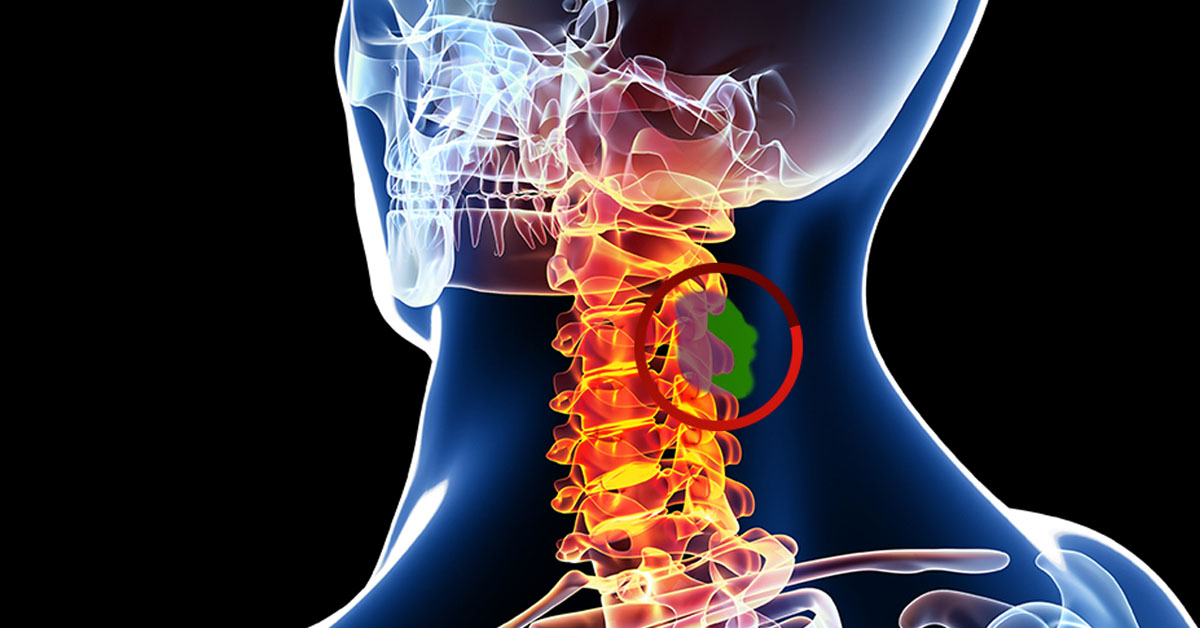
Spine Tumor /रीढ़ की हड्डी का ट्यूमर
A spine tumor, also known as a spinal tumor, is an abnormal growth of tissue within or surrounding the spinal cord and/or spinal column. These tumors can be benign (non-cancerous) or malignant (cancerous). Spinal tumors can originate in the spine (primary) or spread to the spine from another part of the body (metastatic).
Causes and Types:
- Primary Spinal Tumors
- Metastatic Spinal Tumors
- Spinal Cord Tumors (Intradural)
- Vertebral Tumors
- Extradural Tumors

Aneurysm Clipping / मस्तिष्क धमनीविस्फार
Aneurysm clipping is a microsurgical procedure used to treat brain aneurysms, which are weakened areas in blood vessels that can bulge and potentially rupture. The procedure involves surgically placing a small metal clip across the neck of the aneurysm to prevent blood flow into it, effectively sealing it off. This helps to prevent the aneurysm from bursting and causing a stroke.
Risks and side effects:
- Infection
- Bleeding
- Brain swelling
- Reactions to Anesthesia
- Stroke
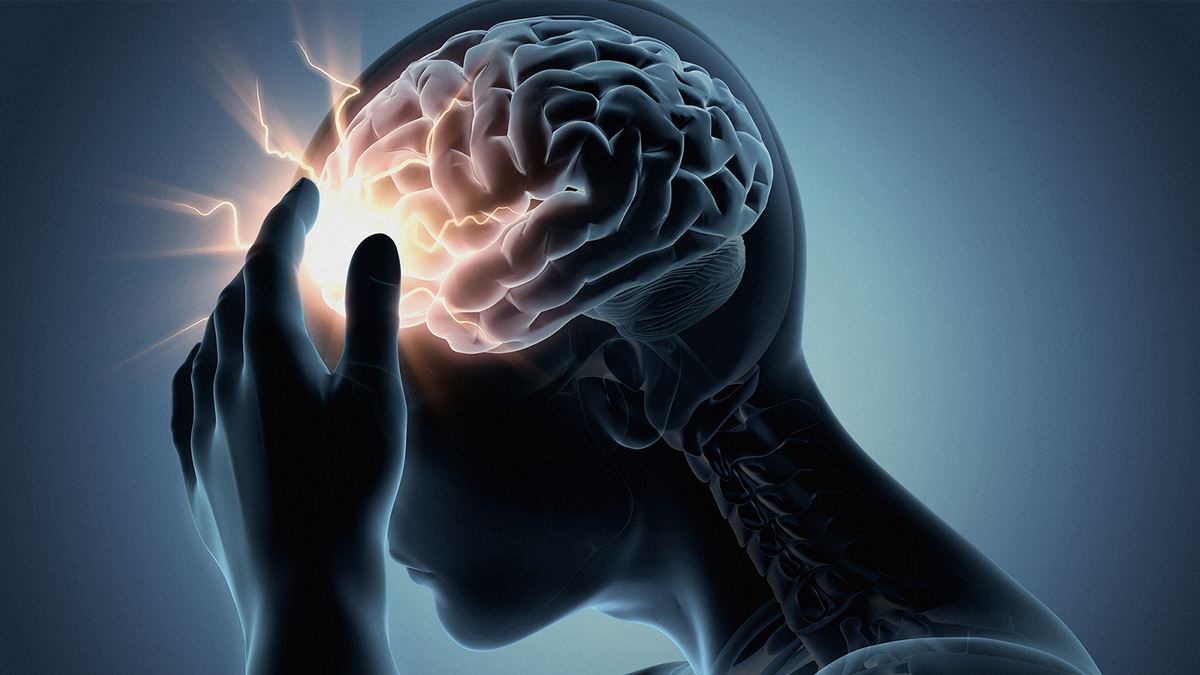
Head Injury / सिर पर चोट
A head injury, also known as a brain injury or traumatic brain injury (TBI), refers to damage to the scalp, skull, or brain caused by trauma. These injuries can range from minor bumps and bruises to severe trauma involving bleeding, fractures, and damage to the brain tissue. Johns Hopkins Medicine and Radiologyinfo.org provide more information on head injuries.
Types of Head Injuries:
- Concussion
- Contusion (Bruise on the Brain)
- Skull Fracture
- Open (Penetrating) Head Injury
- Closed Head Injury
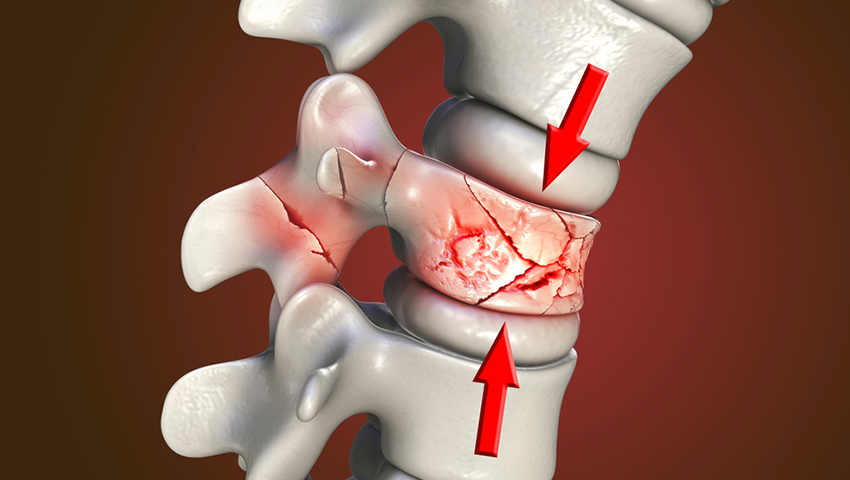
Spinal Trauma and Fractures / रीढ़ की हड्डी में आघात और फ्रैक्चर
Spinal fractures, also known as vertebral fractures, are breaks in the bones of the spine, often caused by trauma or osteoporosis. These fractures can range from compression fractures (small cracks) to burst fractures (severe crushing of the vertebral body), according to Spine Connection. Symptoms can include back pain, numbness, tingling, weakness, and potential loss of movement or bowel/bladder control
Symptoms:
- Back pain
- Numbness and Tingling
- Weakness or Paralysis
- Loss of bowel or Bladder Control
- Uncontrolled Muscle Spasms
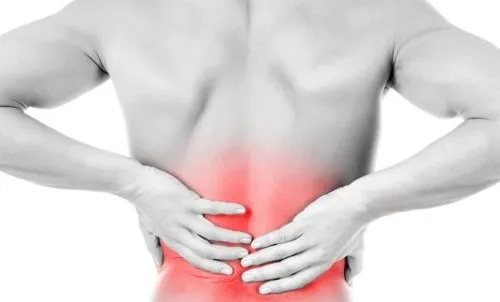
Slipped Disc / रीढ़ की हड्डी में चोट
A slipped disc, also known as a herniated or bulging disc, occurs when the soft, gel-like cushion between the vertebrae in the spine pushes out of its normal position, often causing pain and other symptoms. This condition can happen in any part of the spine, but is most common in the lower back and neck.
Symptoms:
- Pain
- Numbness or tingling
- Muscle weakness
- Loss of reflexes

Low Back Pain / पीठ के निचले भाग में दर्द
Low back pain, also known as lumbago, is a common problem that can cause pain between the lower edge of the ribs and the lower fold of the buttocks. The pain can range from a dull, persistent ache to sharp, sudden pain, and it can affect anyone at any age.
Causes:
- Muscle or ligament strains
- Herniated discs
- Arthritis
- Osteoporosis
- Spinal Stenosis
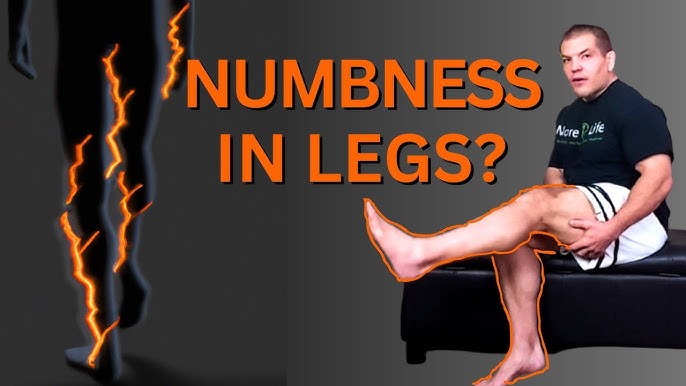
Pain/ Numbness in Lower Limbs / निचले अंगों में दर्द/ सुन्नता
Pain and numbness in the lower limb can be caused by a variety of factors, including nerve compression, poor circulation, and underlying medical conditions. It's important to seek medical advice if you experience persistent or worsening symptoms.
Causes:
- Nerve compression
- Poor circulation
- Diabetes
- Vitamins and minerals deficiency
- Underlying medical conditions

Migraine/ माइग्रेन
Migraine is a complex brain and spine condition characterized by recurrent headaches, often accompanied by sensitivity to light and sound, nausea, and vomiting. It's a throbbing or pulsating pain, typically felt on one side of the head, but it can also be felt on both sides. Migraines can interfere with daily activities and vary in severity, with some attacks being quite mild and others debilitating.
Causes:
- Nerve compression
- Poor circulation
- Diabetes
- Vitamins and minerals deficiency
- Underlying medical conditions

Vertigo / सिर का चक्कर
Vertigo is a sensation that the environment around you is spinning in circles. It can make you feel dizzy and off-balance. Vertigo is a symptom of lots of health conditions rather than a disease itself, but it can occur along with other symptoms.
Other symptoms you might experience when you have vertigo include:
- Nausea and vomiting.
- Dizziness.
- Balance issues.
- Hearing loss in one or both ears.
- Tinnitus (ringing in your ears).
- Headaches.
- Motion sickness.
- A feeling of fullness in your ear.

Cervical pain / सरवाइकल दर्द
Cervical pain, or neck pain, is a common condition causing discomfort in the neck region. It can range from a dull ache to a sharp, stabbing sensation and may radiate to the shoulders, upper back, or even cause headaches. Symptoms can include stiffness, reduced range of motion, difficulty sleeping, and sometimes numbness or weakness in the arms.
Causes of Cervical Pain:
- Muscle strain
- Worn joints
- Nerve compression
- Poor posture

Epilepsy Surgery / मिर्गी सर्जरी
Numbness is a complete or partial loss of feeling or sensation in any area of your body. Most cases of numbness aren’t serious, but severe cases can lead to complications such as not being able to feel pain. If you’re experiencing any numbness that doesn’t have an obvious cause, see your healthcare provider.
Conditions that may cause this numbness include:
- Collapsed backbone due to osteoporosis.
- Peripheral neuropathy.
- Nerve compression syndromes.
- Neuropathic pain.
- Ruptured or herniated disk.
- Pinched nerve due to arthritis or bone spurs.
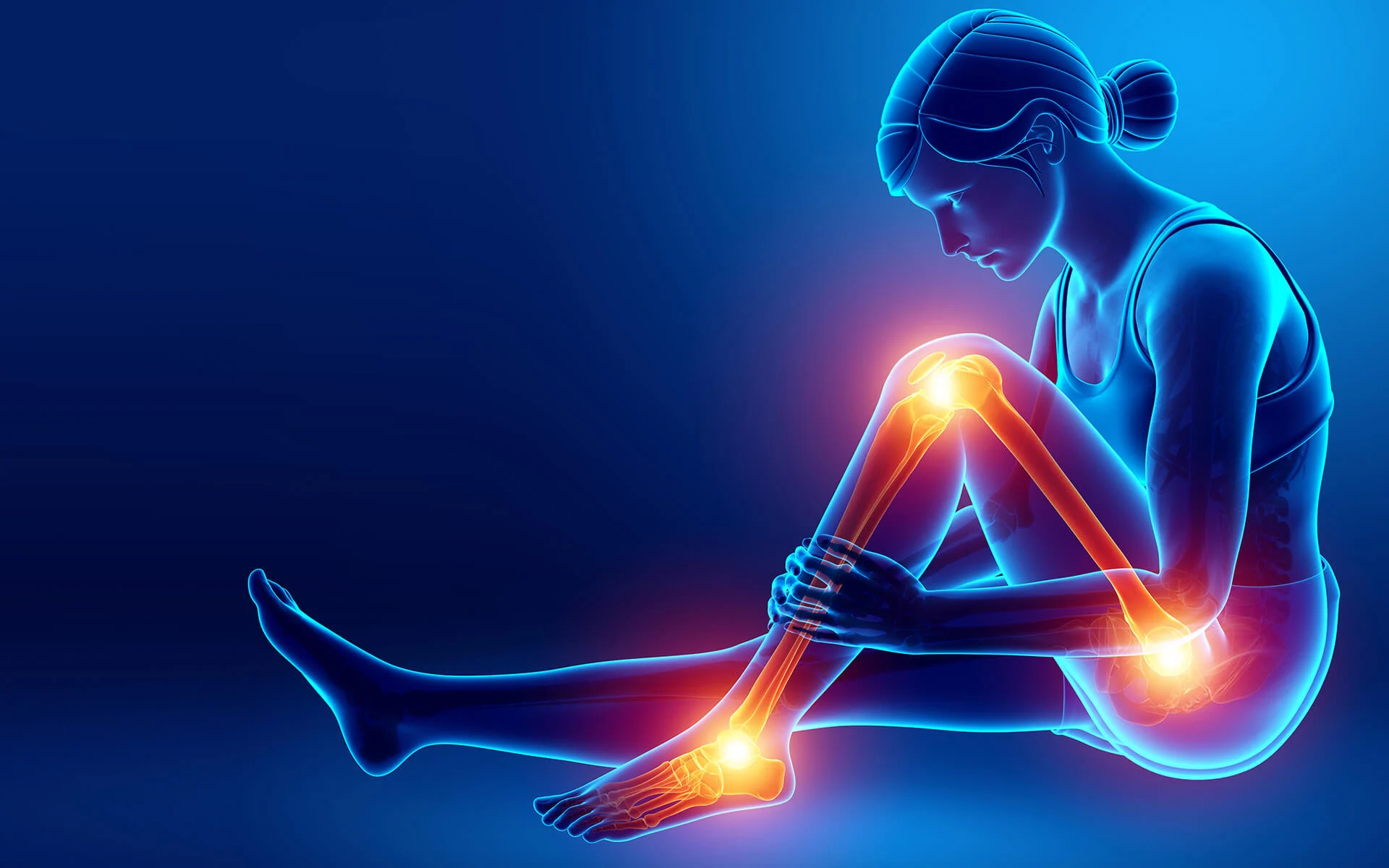
Surgery for Paralysis / पक्षाघात के लिए सर्जरी
Surgery for paralysis aims to restore function and movement by addressing nerve damage or muscle weakness. Common procedures include nerve transfers, muscle transfers, and tendon transfers. Nerve repair surgery can reconnect damaged nerves, while muscle reanimation procedures may involve grafting healthy muscle tissue to restore facial movement.
Types of Surgical Procedures for Paralysis:
- Nerve Transfer/Grafting
- Muscle Transfer/Gracilis Muscle Transfer
- Tendon Transfer
- Spinal Cord Injury Surgery

Epilepsy Seizures / मिर्गी के दौरे
Epilepsy is a brain and spine disorder characterized by recurrent seizures, which are brief episodes of involuntary movements, sometimes accompanied by loss of consciousness. Seizures are caused by excessive electrical activity in the brain. While epilepsy involves recurrent, unprovoked seizures, a single seizure does not necessarily mean a person has epilepsy.
Commonly reported seizure triggers include:
- Stress
- Sleep issues such as not sleeping well, not getting enough sleep, being overtired, disrupted sleep and sleep disorders like sleep apnea.
- Alcohol use, alcohol withdrawal, recreational drug use.
- Hormonal changes or menstrual hormonal changes.
- Illness, fever.
- Flashing lights or patterns.

